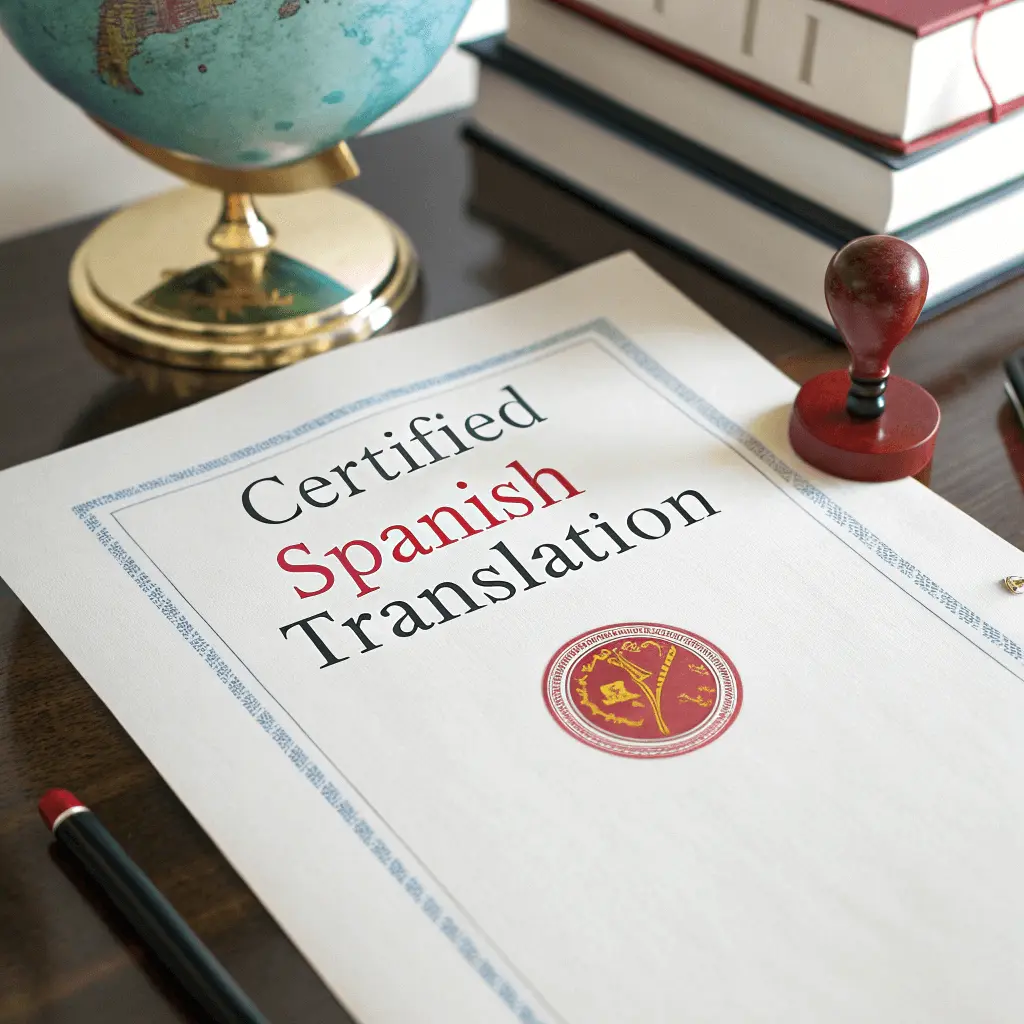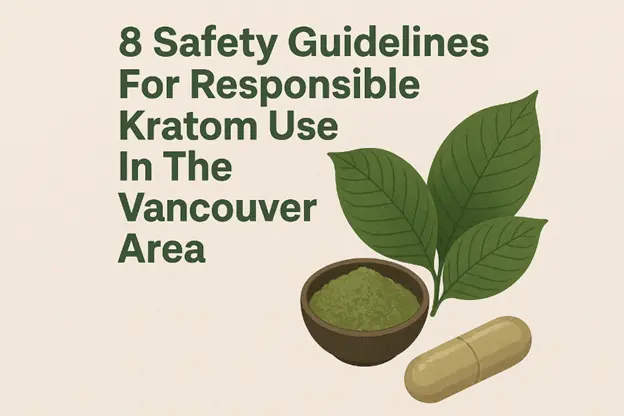
Spanish Translation
Spanish is one of the most widely spoken languages in the world, with millions of speakers across Europe, Latin America, and beyond. In a globalized society, Spanish-speaking individuals frequently move abroad for work, study, or personal reasons. Whenever official documents are required—whether for immigration, university applications, or court proceedings—translations must be more than accurate. They must be certified.
A certified translation provides a written statement from the translator or agency confirming that the translation is complete, accurate, and faithful to the original. This certification makes the translation legally valid and acceptable to institutions such as government offices, universities, and courts. Without certification, an otherwise accurate translation may be rejected, causing costly delays and complications.
Certified Translations for Immigration Applications
Immigration is one of the most common reasons people need certified Spanish translations. When applying for visas, residency, or citizenship in English-speaking countries, Spanish-language documents must be presented in English. Immigration authorities require certified translations to ensure that critical details—names, dates, and legal information—are correctly represented.
Typical documents that require certified translation for immigration include birth certificates, marriage licenses, divorce decrees, adoption papers, and police records. Even minor errors can lead to requests for additional evidence or outright rejection of an application. A certified translation guarantees compliance with immigration rules and gives applicants peace of mind that their documents will be accepted.
Certified Translations for Academic Recognition
Education is another area where certified Spanish translations are vital. Students applying to universities abroad often need to provide English versions of their academic transcripts, diplomas, and recommendation letters. Universities rely on certified translations to evaluate applicants fairly and consistently.
For example, grading systems in Spanish-speaking countries often differ from those in English-speaking institutions. A professional translator ensures that grades, course names, and qualifications are accurately represented in a way that makes sense to admissions officers. Without certified translations, students risk having their applications delayed or even dismissed due to incomplete documentation.
Certified Translations in Legal Matters
Legal systems operate on precision, and translations play a critical role in ensuring justice. In legal contexts, certified Spanish translations are often required for contracts, court documents, patents, or witness statements. Courts and legal authorities rely on certification to confirm that translations are accurate and trustworthy.
Errors in legal translations can have serious consequences, such as misinterpretation of obligations in a contract or incorrect details in a case file. Certified translations minimize this risk by guaranteeing that every detail from the original document has been faithfully preserved. They also provide legal professionals with the confidence that their evidence and paperwork will be accepted without question.
Why Professional Translation Agencies Are Essential
While bilingual individuals may be able to provide informal translations, certified translations must come from recognized professionals. Immigration officers, universities, and legal authorities will not accept translations from family members, friends, or automated tools. Professional translation agencies employ native-speaking linguists with expertise in law, education, or immigration, ensuring both linguistic accuracy and subject knowledge.
Certification also requires a formal process. Translators must provide a signed statement of accuracy, and in some cases, documents may also need to be notarized or legalized. Professional agencies understand these requirements and manage the process from start to finish, saving clients time and avoiding mistakes.
Benefits of Using Certified Spanish Translation Services
Working with a certified Spanish translation provider offers clear advantages. Accuracy and compliance are guaranteed, so documents meet the standards of official institutions. Confidentiality ensures that sensitive documents, such as legal records or personal certificates, are handled securely. Professional agencies also provide consistency across multiple documents, which is particularly important in cases where names, dates, and terminology appear repeatedly. Turnaround times are another advantage—specialist agencies can deliver certified translations quickly, helping clients meet tight deadlines without sacrificing quality.
A Trusted Provider of Certified Spanish Translations
For individuals and businesses seeking reliable certified translations, a dependable option is https://kingsoftranslation.com/spanish-translation/. Their team of native-speaking translators specializes in providing certified translations that are legally recognized for immigration, academic, and legal purposes. Covering a wide range of document types, from birth certificates to university transcripts and court records, Kings of Translation ensures that every translation is accurate, confidential, and delivered on time. Their services are trusted by universities, government agencies, and legal professionals, making them a reliable partner for anyone needing certified Spanish translations.
Spanish Translation and Career Opportunities
Certified translations also play a role in professional development. Many industries require proof of qualifications, licenses, or certifications before allowing individuals to practice in their field. Healthcare professionals, engineers, and lawyers moving from Spanish-speaking countries to English-speaking markets often need certified translations of their credentials. Without these translations, their ability to work legally and effectively in their chosen field may be delayed. By providing accurate, certified documentation, professional agencies help individuals advance their careers and integrate smoothly into new environments.
The Future of Certified Spanish Translation Services
As globalization increases mobility, the demand for certified Spanish translations will continue to grow. Immigration authorities are tightening their requirements, universities are welcoming more international students, and global businesses are expanding into Spanish-speaking markets. Certified translations will remain an essential tool for navigating these opportunities.
Technology may play a supporting role, with digital platforms allowing for faster submission and verification of certified translations. However, the human element will remain irreplaceable. Machines cannot certify documents or guarantee cultural accuracy. Professional agencies will continue to combine expertise with technology to meet growing demand while ensuring the highest standards of accuracy.
Certified Translation Unlocks Opportunities
Certified Spanish translation is more than a formality—it is a necessity for anyone dealing with official documents in immigration, education, or law. Without certification, even accurate translations may be rejected, delaying important processes and creating unnecessary challenges. Professional translation agencies ensure compliance, accuracy, and reliability, giving clients the confidence that their documents will be accepted.
By choosing experienced providers such as Kings of Translation, individuals and organizations gain access to certified Spanish translations that are trusted worldwide. Whether applying for a visa, enrolling in a university, or submitting legal paperwork, certified translation unlocks opportunities and ensures that language never becomes a barrier to success.







